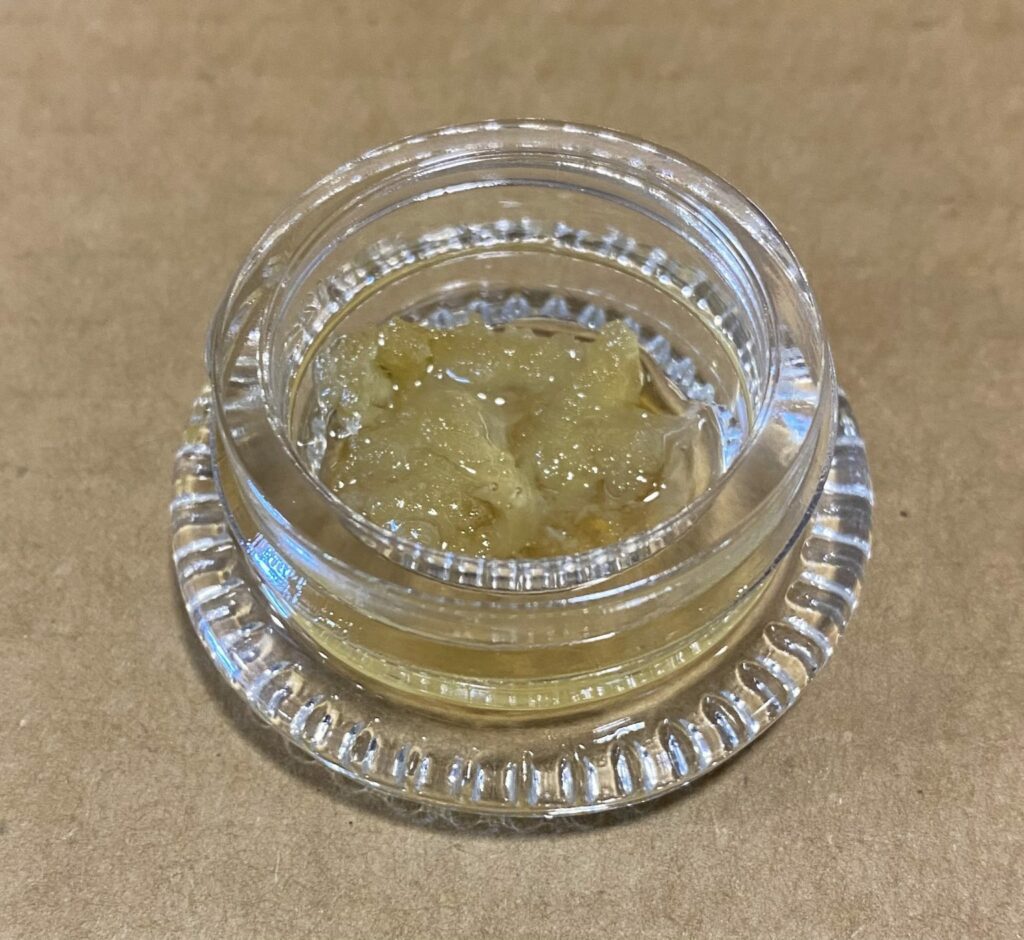As the popularity of cannabinoids continues to rise, two compounds have garnered significant attention in the cannabis industry: CBD (cannabidiol) and delta-8 THC (delta-8 tetrahydrocannabinol). While both are derived from the cannabis plant, they have distinct chemical structures and effects on the body. This comprehensive guide aims to explore the properties of CBD and delta-8 THC, their potential benefits, and their differences to help consumers make informed decisions about which compound may be better suited to their individual needs and preferences.
Understanding CBD and Delta-8 THC
- CBD: Cannabidiol is a non-psychoactive cannabinoid found in the cannabis plant, particularly in hemp. It is known for its potential therapeutic benefits, including anti-inflammatory, analgesic, anxiolytic, and neuroprotective effects. Unlike delta-9 THC, CBD does not produce intoxication or a “high.”
- Delta-8 THC: Delta-8 THC is a minor cannabinoid with a similar chemical structure to delta-9 THC, but with a double bond on the eighth carbon chain. It is psychoactive, but its effects are often considered milder and more controllable than delta-9 THC.
Potential Therapeutic Benefits of CBD and Delta-8 THC
- CBD: Research suggests that CBD may be beneficial for a wide range of health conditions, including chronic pain, anxiety, depression, epilepsy, inflammation, and neurodegenerative disorders. It also shows potential for aiding in sleep, stress management, and supporting overall well-being.
- Delta-8 THC: While research on delta-8 THC is still limited compared to CBD, anecdotal evidence suggests that it may offer similar therapeutic benefits, such as pain relief, relaxation, and appetite stimulation. Some users also report that delta-8 THC produces a less anxious experience compared to delta-9 THC.
Psychoactivity and Intoxication
- CBD: CBD is non-psychoactive, meaning it does not produce a “high” or intoxicating effects. Users can consume CBD without concerns about impaired cognitive function or altered perception.
- Delta-8 THC: Delta-8 THC is psychoactive, but its intoxicating effects are generally considered less intense than those of delta-9 THC. Users may experience mild euphoria and relaxation without the anxiety or paranoia sometimes associated with delta-9 THC.
Legality
- CBD: In many countries, CBD derived from hemp (with less than 0.3% THC) is federally legal. However, laws and regulations may vary, so it is essential to research local regulations before purchasing or using CBD products.
- Delta-8 THC: The legal status of delta-8 THC varies from region to region. In some places, it exists in a legal gray area, while in others, it is explicitly regulated as a controlled substance. Consumers should thoroughly research the legality of delta-8 THC in their location before using it.
Product Selection and Availability
- CBD: CBD products are widely available in various forms, including oils, tinctures, edibles, topicals, capsules, and vape products. Consumers have a broad range of options to choose from based on their preferred method of consumption and desired effects.
- Delta-8 THC: Delta-8 THC products are becoming more prevalent as the compound gains popularity. These products may include vape cartridges, edibles, tinctures, and even delta-8 THC-infused flowers. However, availability may be limited compared to CBD products.
Drug Testing Considerations
- CBD: In general, pure CBD is unlikely to cause a positive result on a drug test for THC. However, some CBD products may contain trace amounts of THC, which could accumulate in the body over time and potentially trigger a positive drug test.
- Delta-8 THC: Delta-8 THC may also lead to a positive drug test for THC, especially if used frequently or in large quantities. Consumers who are subject to drug testing should be cautious when using delta-8 THC products.
Entourage Effect and Synergy
The entourage effect refers to the potential synergy among cannabinoids, terpenes, and other compounds present in the cannabis plant. Both CBD and delta-8 THC can participate in the entourage effect when combined with other cannabinoids and plant compounds. Some users prefer full-spectrum products that include a variety of cannabinoids to maximize the potential benefits of the entourage effect.
Safety and Potential Side Effects
CBD and delta-8 THC are generally well-tolerated, but they may still cause side effects in some individuals. CBD can lead to mild side effects like fatigue, dry mouth, and changes in appetite. On the other hand, delta-8 THC can produce typical THC-related effects such as dry mouth, increased heart rate, and potential cognitive impairment. It is crucial for users to be aware of potential side effects and to start with low doses to gauge their individual response.
Potential Drug Interactions
Both CBD and delta-8 THC can interact with certain medications, affecting their metabolism in the liver. Consumers who are taking prescription medications should consult with a healthcare professional before using CBD or delta-8 THC products to ensure there are no adverse interactions.
Individual Response and Genetics
Individual responses to cannabinoids can vary significantly based on genetics, metabolism, and overall health. Some individuals may find relief with CBD, while others may prefer the more subtle effects of delta-8 THC. Experimenting with different cannabinoids and products can help users discover which compound works best for their unique physiology.
Cultivation and Extraction Methods
The quality of CBD and delta-8 THC products can vary based on the cultivation and extraction methods used. Organic and sustainable farming practices can result in higher-quality hemp, leading to better CBD products. Similarly, reputable companies that use safe and efficient extraction methods can produce high-quality delta-8 THC distillates.
Legal Considerations and Regulations
The legal status of CBD and delta-8 THC can vary significantly from one jurisdiction to another. In some regions, CBD is legal for medical and recreational use, while in others, it may be heavily regulated or restricted. Delta-8 THC legality is even more complex, with some regions explicitly banning it as a controlled substance. Staying informed about local laws and regulations is essential for consumers to remain compliant and avoid legal issues.
Research and Scientific Evidence
While CBD has been the subject of extensive research, the scientific understanding of delta-8 THC is still relatively limited. More studies are needed to fully explore its potential benefits, safety profile, and long-term effects. As research continues to advance, more evidence may emerge regarding the unique properties of delta-8 THC and its potential advantages over other cannabinoids.
Conclusion
Determining whether CBD or delta-8 THC is “better” depends on individual needs, preferences, and goals. CBD is an attractive option for those seeking non-psychoactive relief and potential therapeutic benefits, while delta-8 THC offers a milder psychoactive experience that some users may find more comfortable. Ultimately, the decision between CBD and delta-8 THC comes down to personal preference, desired effects, and legal considerations. Consulting with a healthcare professional and choosing products from reputable brands that prioritize transparency and quality can help individuals make well-informed choices for their unique wellness journey.
Monika Wassermann is a doctor and a freelance writer based in the UK who lives with her cat Buddy. She writes across several verticals, including life, health, sex and love, relationships and fitness. Her three great loves are Victorian novels, Lebanese cuisine, and vintage markets. When she’s not writing, you can find her trying to meditate more, weightlifting, or wandering around in town.
[email protected]
- Is CBD Psychoactive? The Big Differences Between CBD & Thc - September 25, 2023
- Is CBD Better Than Delta-8 Thc? - September 25, 2023
- Benefits of Chamomile Supplements - September 25, 2023











